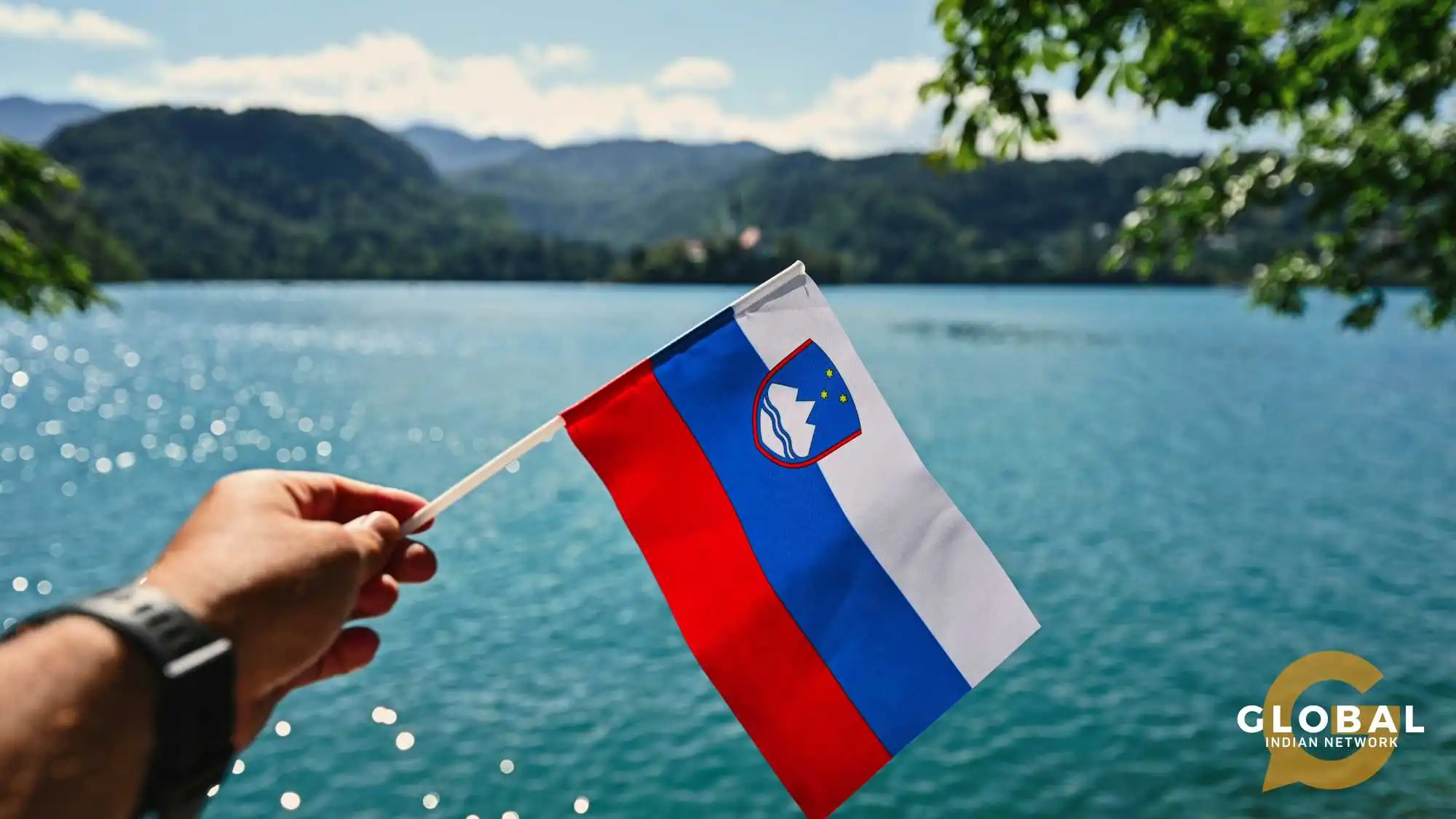Acquiring citizenship in any country is a significant decision that comes with various considerations. For those contemplating Slovenian citizenship, a beautiful and culturally rich country in Central Europe, there are numerous benefits to weigh. From access to the European Union to a high quality of life, Slovenian citizenship offers a range of advantages that make it an appealing choice for many. In this article, we will explore the benefits of Slovenian citizenship, examining both practical and cultural aspects that make it an attractive option.
Table of Contents
Acquiring Slovenian Citizenship
Slovenian citizenship is attainable through either birth or naturalization, with the principle of blood ties being fundamental. Birthright citizenship is secured if at least one parent is a Slovenian citizen. Conversely, naturalization involves continuous residence and can be expedited under extraordinary circumstances such as academic, economic, cultural, national, or similar grounds.
Citizenship by Birth
Automatic Acquisition
- A child acquires citizenship if both parents are of Slovenian origin, if one parent is a Slovenian citizen and the child is born in Slovenia, or if one parent is of Slovenian ancestry and the other parent is unknown or stateless and the child is born abroad.
- In Slovenia, citizenship registration is automatic for native-born children with birth certificates.
Registration of Citizenship Abroad
- Citizenship registration is carried out for children born abroad if there is an agreement with the country of birth; otherwise, parents can request registration at any time.
Acquiring Citizenship by Application
- Children born abroad with one Slovenian nationality and one foreign parent can acquire citizenship if their parents apply before the child turns 18. If not, the individual may apply for citizenship by declaration by age 36 with basic knowledge of the Slovenian language.
Citizenship by Naturalization
Conditions for Naturalization
- Permanent residence for ten years, including five continuous years before application with official documents.
- Marriage to a Slovenian national with a marriage certificate and at least one year of continuous residence before applying.
- Restoration of current citizenship after its loss, requiring six months of residence.
- Slovenian expatriates or descendants up to the fourth degree with one year of residence.
- Stateless persons with five years of continuous residence.
- Refugees residing for five years.
- Higher education graduates residing for seven years, including one continuous year before application.
- Birth and residence in Slovenia.
- Minors with Slovenian citizen parents.
Extraordinary Naturalization
- The expedited process for specific national interests requires one year of residence and proof of foreign nationality.
- Exceptional cases without meeting residence and foreign status conditions if an individual contributes significantly to Slovenia.
Special Cases
- Slovenian expatriates or descendants and members of Slovenian communities abroad may have eased residence conditions.
Termination of Citizenship
- Original citizenship can be terminated by release or renunciation, involving various conditions such as age, residence abroad, military service, tax settlement, and absence of criminal proceedings.
The Path to Slovenian Citizenship: Residency Options
Acquiring Slovenian citizenship involves strategic choices in residency options, each tailored to specific circumstances. This comprehensive breakdown serves as a guide for those navigating the intricate landscape of Slovenian residency and citizenship, offering insights into the diverse options available. Here’s a detailed exploration of the paths available:
Slovenian Residency for Entrepreneurs
Business Registration: Embarking on the Slovenian citizenship journey starts with registering a business, necessitating a minimum investment of €7,500. Compliance with specific banking rules and active business management criteria is imperative.
Financial Commitments: Key conditions encompass a substantial €50,000 investment in fixed assets. Generating €10,000 per month for six consecutive months, employing a Slovenian or European citizen, tax compliance, and meeting work permit requirements further define this pathway.
Progression to Permanent Residency and Citizenship: After five years, individuals become eligible to apply for permanent residency. A subsequent two-year period of permanent residency sets the stage for a citizenship application.
Slovenian Residency for Real Estate Investors
Residency is attainable through real estate investment, offering potential pathways to citizenship. Purchasing residential real estate and fulfilling property tax obligations lays the foundation for obtaining a residence permit. Notably, no specific investment amount is required, and most countries face no limitations on the type of property to be acquired. Initial residence permits, granted for one year, are renewable for up to five years. Spending a substantial amount of time in Slovenia is recommended for the renewal of residence permits.
Slovenian Citizenship by Extraordinary Merit
Citizenship expedited by investing over €1 million in a new company provides an alternative route. The company is mandated to showcase economic benefits to Slovenia and employ a minimum of 15 high-skilled workers. Applicants are required to petition the government, substantiating their exceptional contributions to Slovenia.
Dual Nationality
Slovenian legislation accommodates dual nationality in several cases, including EU citizens. No proof of release from previous citizenship is required for specific situations. Slovenian citizens acquiring other country’s valid passports are not subject to automatic revocation of Slovenian citizenship. The decision lies with the other country, with Slovenia respecting the sovereignty of other nations. Unlike many countries, Slovenia does not mandate renunciation of existing citizenship, allowing for the possibility of dual citizenship.
Benefits of Slovenian Citizenship
Slovenian passport offering access to 170 countries and territories. Slovenian citizens revel in visa-free travel to prominent destinations like the United States, Canada, and Australia, enjoying the added perk of unrestricted movement across Europe. For UK citizens seeking a second residency, Slovenia emerges as a viable and attractive option.
- Freedom of Movement: Slovenian citizens enjoy unrestricted residency, work, and study rights not only in Slovenia but also across all European Union member states and can enjoy the privilege of purchasing real estate in many EU nations without requiring special permissions from local authorities. The Slovenian passport facilitates visa-free entry to 170 countries, providing hassle-free global travel.
- Voting Rights: Holding Slovenian citizenship grants individuals the valuable right to actively participate in both national and local elections, contributing to the democratic decision-making processes within the country.
- Social Benefits: Slovenian citizens are entitled to a comprehensive array of social benefits provided by the government. These include access to healthcare, education, social security, unemployment benefits, and pensions. Holding Slovenian citizenship grants individuals the right to secure loans from European banks, enhancing financial opportunities.
- Education: Slovenian citizens have access to free or subsidized education at all levels, from primary and secondary schools to institutions of higher learning within Slovenia. Its citizens can leverage preferential terms and, in some instances, even tuition-free education at esteemed European Union universities.
- Employment Opportunities: Slovenian citizenship enhances employment prospects within the country, opening up diverse career growth opportunities.
- Consular Protection: Slovenian citizens can seek assistance and protection from diplomatic missions worldwide in emergencies, legal issues, or when requiring other consular services.
Conclusion
Slovenia’s citizenship acquisition involves a nuanced understanding of birthright, naturalization, and various residency options. Balancing the advantages of entrepreneurship, real estate investment, and exceptional contributions to the country can pave the way to Slovenian citizenship. The flexibility in dual nationality policies adds an extra layer of consideration for those embarking on this journey. As Slovenia continues to be an attractive destination within the European Union, understanding the benefits of Slovenian citizenship becomes paramount for individuals seeking new citizenship and residency.
FAQs
Is it hard to get European Citizenship?
Paths like ancestry programs in certain EU countries can be easier, but generally, acquiring EU citizenship requires years of residency, language tests, and meeting specific criteria. It’s a commitment but unlocks incredible freedom and opportunity.
Which EU country is best for a passport?
Italy, Germany, and Finland.
How to settle in Slovenia?
Visa/Residency: Choose your path (work, study, ancestry), gather documents, and navigate the application process with official resources or consultants.
Life in Slovenia: Secure housing, register with authorities, and learn basic Slovenian to connect with the community.









